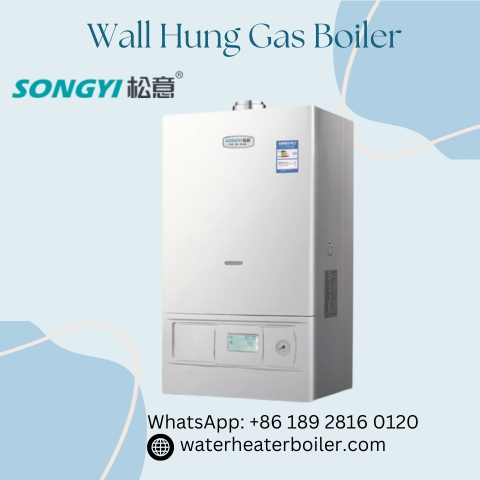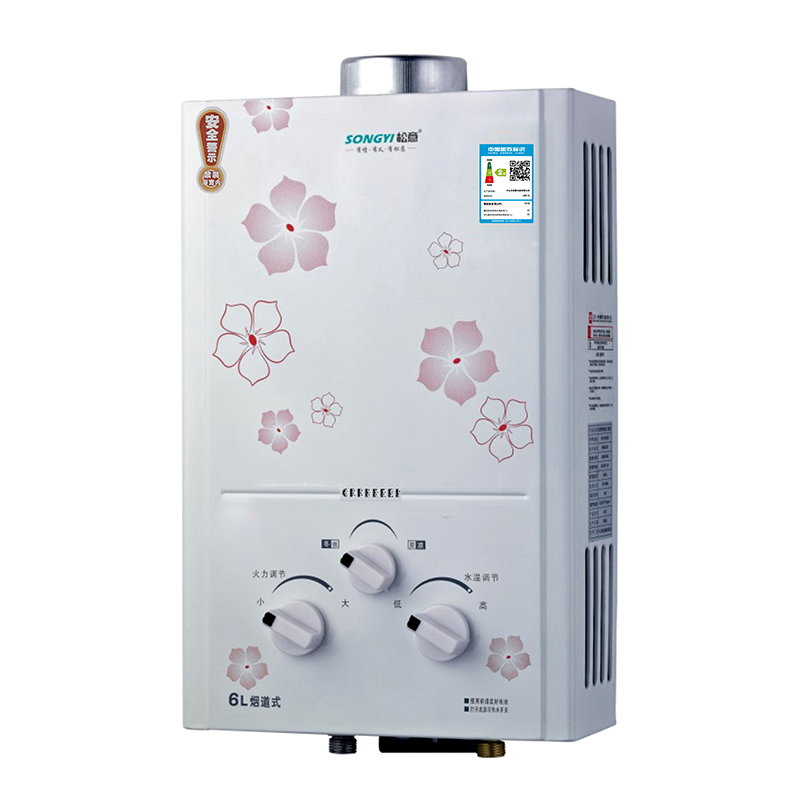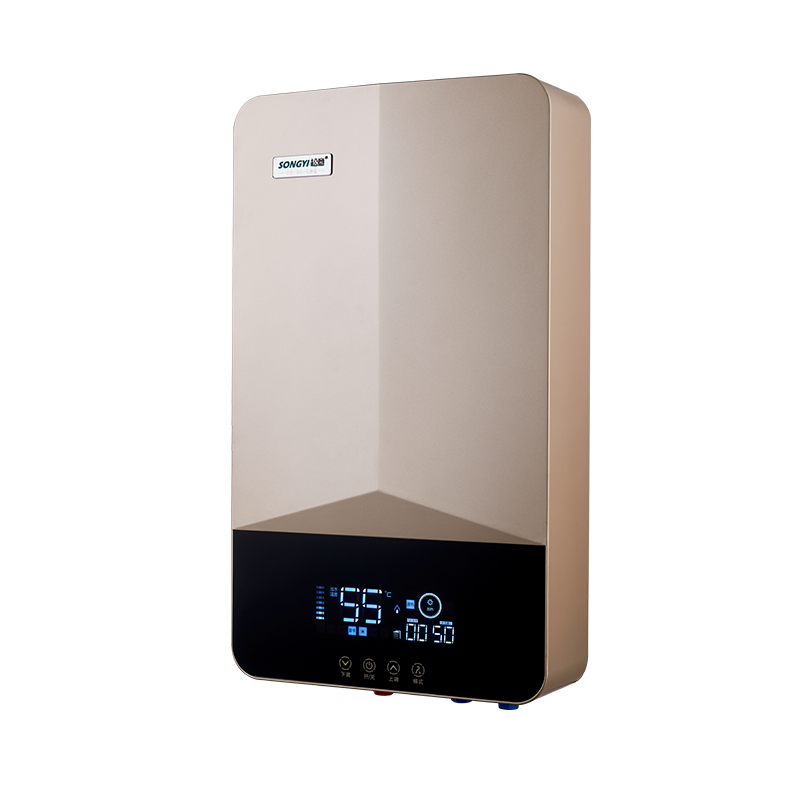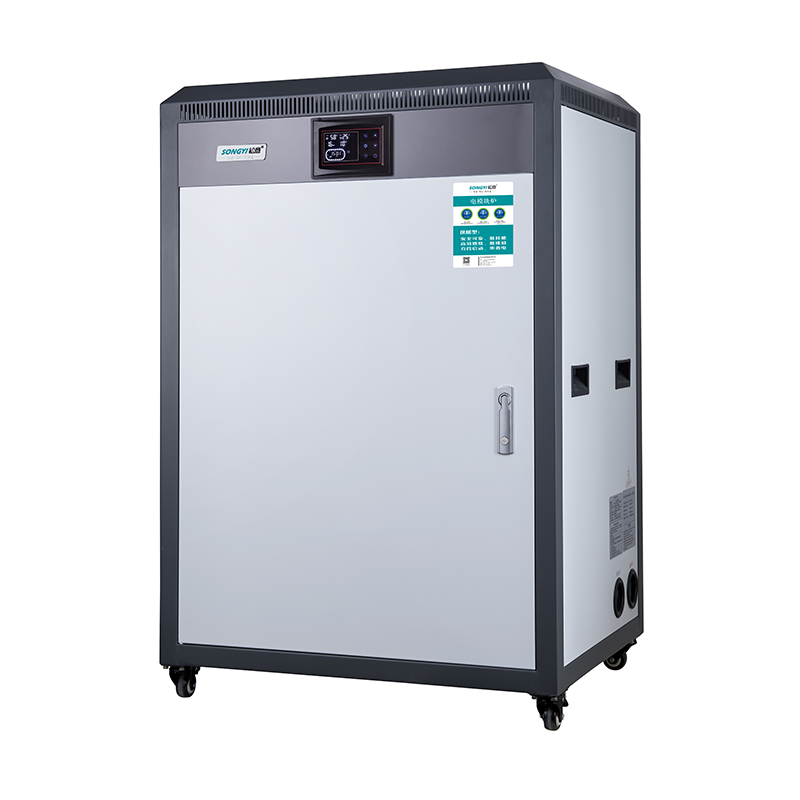
A Wall Hung Gas Boiler is a popular choice for modern homes and businesses due to its compact design, energy efficiency, and reliable heating capabilities. These boilers are designed to save space while delivering consistent warmth, making them ideal for smaller living spaces or properties with limited room for bulky equipment. However, like all heating systems, regular maintenance is essential to ensure they operate efficiently and last for years to come.
Proper care and upkeep of your Wall Hung Gas Boiler not only help improve its performance but also reduce energy consumption and prevent costly repairs. Routine tasks such as cleaning components, inspecting for wear and tear, and ensuring the system is functioning correctly can go a long way in maintaining its efficiency. If spare parts are needed, it’s important to source them from trusted suppliers to guarantee quality and compatibility.
Wall Hung Gas Boiler Maintenance Tips for Optimal Performance
In this guide, we will provide essential tips and techniques for maintaining your Wall Hung Gas Boiler, ensuring it operates at optimal performance for years.
1. The Importance of Regular Maintenance
Regular maintenance is the foundation of a well-functioning Wall Hung Gas Boiler. Skipping maintenance can lead to reduced performance, higher energy bills, and a shorter lifespan. Proper care and maintenance will help:
- Improve Energy Efficiency: A well-maintained boiler operates more efficiently, which helps to reduce energy consumption.
- Increase Longevity: Routine checks prevent wear and tear, allowing your boiler to function properly for longer.
- Ensure Safety: Regular inspections by a qualified technician can identify potential risks such as gas leaks, carbon monoxide poisoning, or pressure issues.
- Prevent Expensive Repairs: Addressing small issues before they escalate into major problems can save you money on costly repairs.
2. Key Maintenance Tasks for Wall Hung Gas Boilers
Here are some of the most important maintenance tasks you should perform to ensure your Wall Hung Gas Boiler runs smoothly:
a. Annual Servicing by a Professional
One of the best ways to ensure the continued efficiency and safety of your boiler is to schedule an annual service with a qualified technician. During a service, a professional will:
- Inspect the gas pressure to make sure it’s at the correct level.
- Clean the heat exchanger and burner to improve efficiency.
- Check the safety devices and make sure they’re functioning properly.
- Identify any potential issues and perform repairs before they become major problems.
An annual service is crucial even if your boiler seems to be working fine. Technicians have the tools and experience needed to spot issues that may not be obvious to the average homeowner.
b. Check the Pressure Regularly
A Wall Hung Gas Boiler typically operates at a pressure of 1 to 2 bars. It is important to monitor the pressure gauge regularly. If the pressure falls below 1 bar, the system may not operate efficiently. You may need to top up the pressure using the filling loop to restore optimal functioning. Conversely, if the pressure is too high, it may indicate a problem that requires professional attention.
c. Bleed the Radiators
Over time, air can become trapped in the radiators, which can prevent the hot water from circulating properly. If your radiators are not heating up fully or if you hear gurgling noises, it may be time to bleed them. You can do this by using a radiator key to release the trapped air.
Bleeding the radiators helps improve the overall efficiency of the boiler and ensures that the heat is evenly distributed throughout your home.
d. Clean the Boiler Regularly
Like all heating appliances, your Wall Hung Gas Boiler can accumulate dust and debris over time. Regularly cleaning the exterior of the unit can help prevent dust buildup, which may affect the overall efficiency of the system. Additionally, it’s important to have the heat exchanger cleaned, as a buildup of dirt and debris can reduce heat transfer and efficiency.
Cleaning should be done cautiously, as certain parts of the boiler, such as the burner or fan, should only be cleaned by professionals. It’s best to have a technician clean the internal components during the annual service.
e. Check for Leaks
Leaks can occur in the pipes, valves, or connections of your boiler system. A small leak might not seem like a big issue, but over time, it can lead to significant damage. Regularly inspect the boiler for any signs of water or gas leaks. If you notice anything unusual, it’s important to call a professional immediately to address the problem.
Water leaks can lead to low pressure, while gas leaks are dangerous and require immediate attention for safety reasons.
f. Monitor the Thermostat
The thermostat is responsible for regulating the temperature of the water circulating through the system. If your boiler isn’t heating effectively, the thermostat could be malfunctioning. Ensure that the thermostat is properly calibrated and set to the correct temperature. If it’s not functioning correctly, consider replacing it to improve performance.
3. Troubleshooting Common Wall Hung Gas Boiler Problems
Even with proper maintenance, you may encounter some issues with your Wall Hung Gas Boiler. Here are some common problems and troubleshooting tips:
a. Boiler Not Heating
- Possible Causes: Low pressure, faulty thermostat, or blocked heat exchanger.
- Solutions: First, check the pressure gauge to ensure it’s between 1 and 2 bars. If the pressure is too low, top it up using the filling loop. If this doesn’t solve the issue, inspect the thermostat settings and make sure it’s set to your desired temperature. A blocked heat exchanger might require professional cleaning.
b. Strange Noises Coming from the Boiler
- Possible Causes: Air in the system, limescale buildup, or a failing pump.
- Solutions: If you hear a banging, clunking, or gurgling noise, it could indicate air in the system. Bleed the radiators to release trapped air. If the noise persists, there may be limescale buildup or a problem with the pump. Descaling the boiler or replacing the pump might be necessary.
c. Pilot Light Going Out
- Possible Causes: A draft, dirty pilot light assembly, or a faulty thermocouple.
- Solutions: If the pilot light keeps going out, check for any drafts near the boiler. Clean the pilot light assembly to remove any dirt or debris. If this doesn’t fix the problem, the thermocouple may need to be replaced, as it’s responsible for detecting the pilot light and ensuring the gas flow is controlled.
d. Water Leaks
- Possible Causes: Loose connections, damaged seals, or a faulty valve.
- Solutions: Inspect the connections and tighten any loose fittings. If you notice water pooling around the boiler or on the floor, you may need to replace worn seals or valves. A professional technician can help with this if you’re unsure.
4. Boosting Boiler Efficiency
To get the most out of your Wall Hung Gas Boiler and ensure it runs as efficiently as possible, consider these tips:
- Install a Smart Thermostat: Smart thermostats allow you to program your heating schedule to match your needs. This can help reduce unnecessary heating and lower energy bills.
- Insulate the Pipes: Insulating the pipes ensures that heat is not lost as the hot water travels through the system. This can improve the efficiency of the boiler and help reduce energy consumption.
- Consider a Power Flush: If you have hard water in your area, limescale buildup can occur in the pipes and heat exchanger. A power flush is a deep cleaning procedure that removes sludge and limescale buildup, improving the efficiency of your system.
5. When to Replace Your Wall Hung Gas Boiler
Although regular maintenance can extend the life of your boiler, all systems eventually reach the end of their lifespan. Here are some signs that it may be time to replace your Wall Hung Gas Boiler:
- Age: Boilers typically last around 10-15 years. If your boiler is older than this, it might be more cost-effective to replace it with a newer, more energy-efficient model.
- Rising Energy Bills: An older boiler may be losing efficiency and causing your energy bills to rise. A new boiler with higher energy efficiency ratings could help you save money in the long term.
- Frequent Repairs: If your boiler needs constant repairs and maintenance, it may be time to replace it.
Replacing an old or inefficient boiler may seem like a significant upfront expense, but in the long run, it can save you money on repairs and energy bills.
6. Safety Considerations
Safety should always be a top priority when maintaining your Wall Hung Gas Boiler. Here are a few safety tips to keep in mind:
- Carbon Monoxide Detection: Install carbon monoxide detectors near the boiler to alert you to any potential leaks. Carbon monoxide is colorless, odorless, and potentially fatal, so early detection is essential.
- Proper Ventilation: Ensure that your boiler is properly ventilated. Blocked vents or flues can lead to dangerous combustion issues and poor boiler performance.
- Professional Inspections: Always rely on certified technicians for repairs and servicing. Attempting to fix complex issues yourself can be dangerous and may void the warranty.
7. Conclusion
Regular maintenance is key to ensuring the optimal performance of your Wall Hung Gas Boiler. By following these tips, you can improve energy efficiency, extend the lifespan of your system, and reduce the likelihood of costly repairs. Whether it’s cleaning the boiler, checking pressure levels, or addressing common issues, taking proactive steps will help you maintain a safe and efficient heating system for your home.





